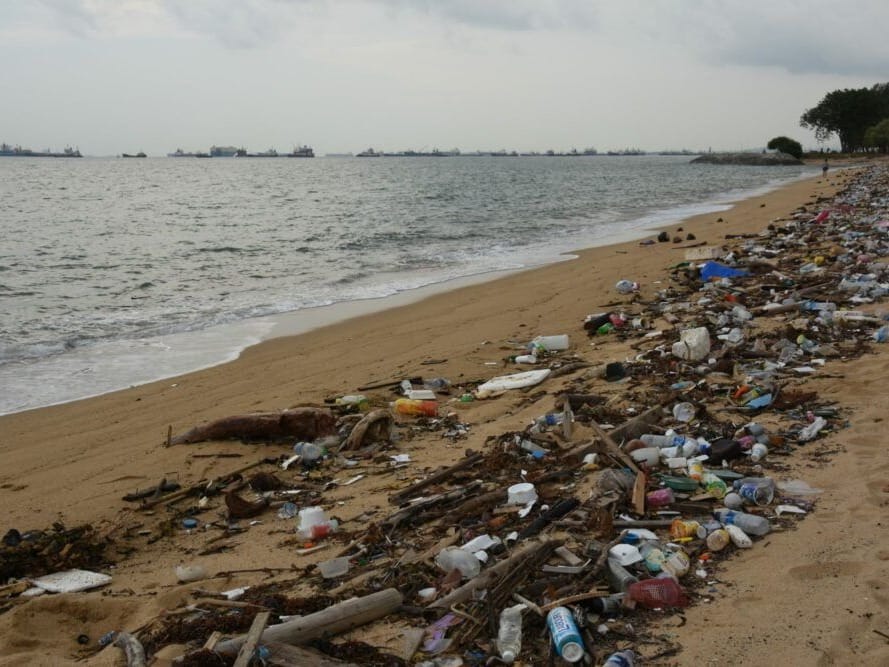GENEVA (AN) — Concerned about marine pollution, most of the world's nations agreed to clean up global trade in plastic waste by adding it as a pollutant under a legally binding treaty that regulates hazardous waste.
The 185-nation Basel Convention adopted a new legal framework on Friday for reducing the ubiquitous plastic waste that has become a major global concern. The United Nations estimates 100 million tons of plastic from industries and household products has leaked into the world's oceans — up to 90% of it originating from land-based polluters.








